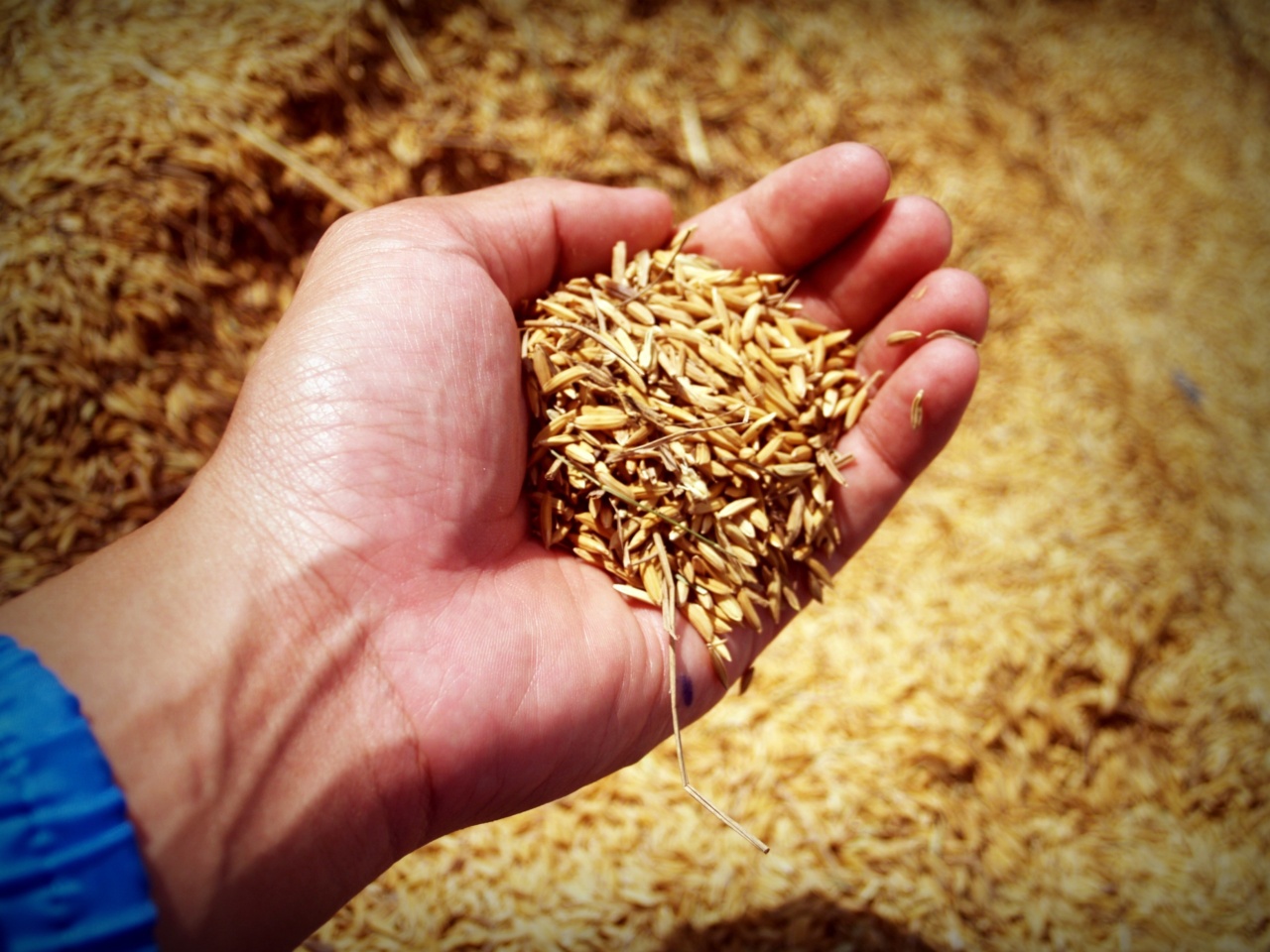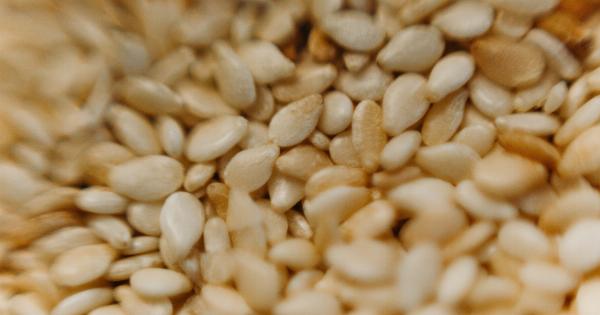Whole grain products are defined as those made from the entire grain of a plant, including the bran, germ, and endosperm. This means that the grain has not been refined, and all of its natural components are present.
Whole grain products can be found in a variety of foods, including bread, pasta, cereal, and rice. Incorporating whole grain products into your diet can have many health benefits.
Improves Heart Health
Eating whole grain products can improve heart health in several ways. Whole grains contain soluble fiber, which can help lower cholesterol levels. This can help reduce the risk of heart disease, stroke, and other cardiovascular diseases.
Whole grains also contain antioxidants, which help protect against heart disease.
Regulates Blood Sugar Levels
Whole grain products can also help regulate blood sugar levels. This is because they contain complex carbohydrates, which take longer to digest and do not cause spikes in blood sugar.
This can be especially beneficial for individuals with diabetes or those at risk of developing diabetes, as it can help improve insulin sensitivity.
Helps with Weight Management
Whole grain products can also aid in weight management. Eating whole grains can help keep you feeling full for longer periods of time, which can help prevent overeating.
Additionally, whole grains contain fewer calories than refined grains, which can help with weight loss.
Reduces the Risk of Cancer
Consuming whole grains has also been linked to a reduced risk of certain types of cancer. The high fiber content in whole grains can help remove waste and toxins from the body, which can help prevent colon cancer.
Additionally, the antioxidants in whole grains can help protect cells from damage that can lead to cancer.
Improves Digestive Health
Whole grain products also promote better digestive health. The fiber in whole grains can help promote regular bowel movements and prevent constipation.
Additionally, the fiber in whole grains feeds the good bacteria in your gut, promoting a healthy balance of bacteria and better digestion.
Provides Nutrients
Whole grain products are a good source of nutrients. They contain vitamins, minerals, and other beneficial compounds that are removed during the refining process.
Some of the nutrients found in whole grain products include B vitamins, iron, magnesium, and selenium.
Reducing the Risk of Inflammatory Diseases
Whole grain products can also help reduce the risk of inflammatory diseases. Inflammation is a natural response of the immune system, but chronic inflammation can lead to disease.
Whole grains contain phytochemicals and antioxidants that can help reduce inflammation in the body.
Provides Long-Lasting Energy
Eating whole grain products can provide long-lasting energy. This is because the complex carbohydrates in whole grains provide a steady source of energy without causing spikes and crashes in blood sugar levels.
This can help keep you feeling full and energized throughout the day.
Improves Brain Function
Some research suggests that whole grain products may improve brain function. Whole grains contain complex carbohydrates and other nutrients, such as vitamin E, that are important for brain health.
Eating whole grains may help improve memory, concentration, and overall cognitive performance.
Increases Lifespan and Decreases Risk of Premature Death
Research has shown that eating whole grain products can increase lifespan and decrease the risk of premature death. This is because whole grains have been linked to a reduced risk of heart disease, cancer, and other chronic diseases.
By incorporating whole grain products into your diet, you can improve your overall health and increase your lifespan.






























